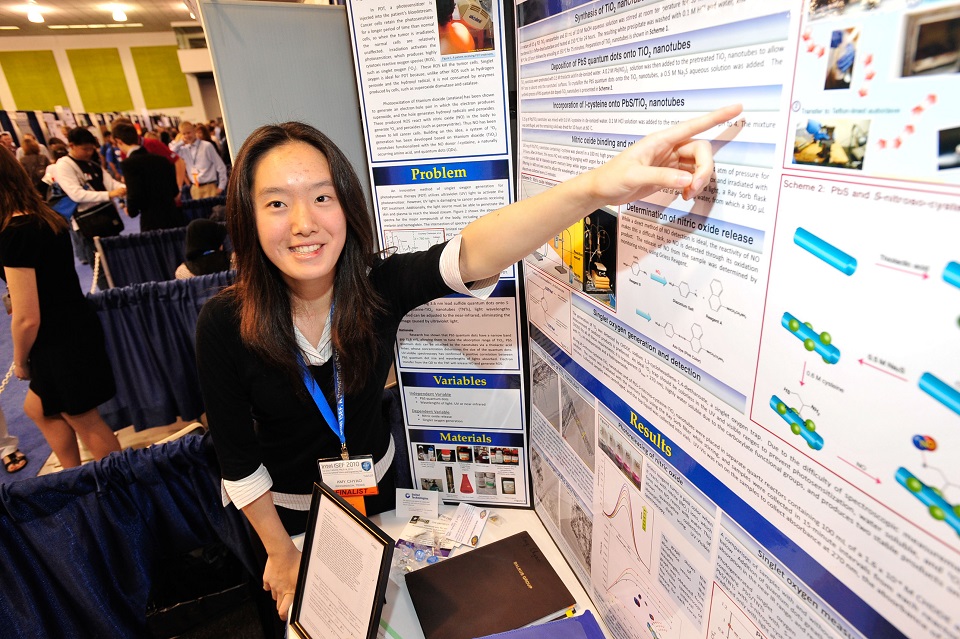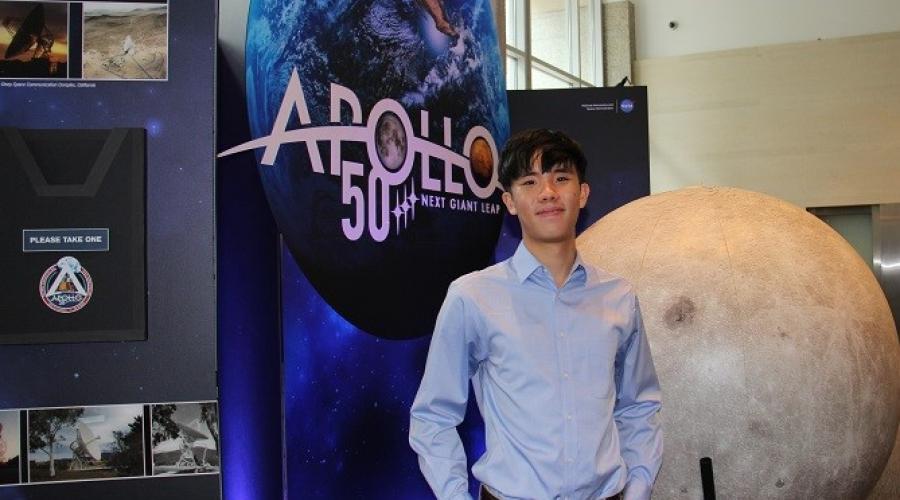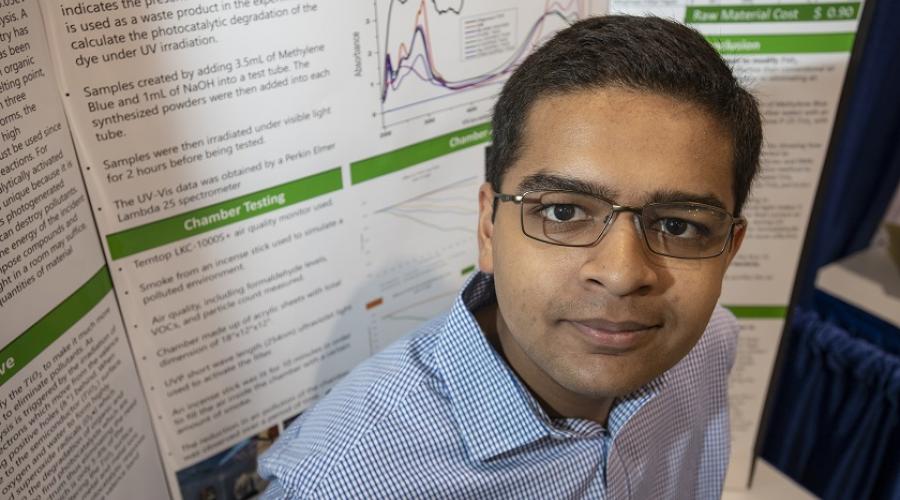Kyle Yawn Explores Mysterious Rocks and Lunar Dust with NASA
By Caitlin Jennings, Communications Specialist, Society for Science & the Public
Kyle Yawn (Intel ISEF 2005, 2006, 2007), from Warner Robins, Georgia, thought Intel ISEF was an incredible environment. “Not too many people from where I was from were big into science or had that much passion,” he says. “It was really good just to see the enthusiasm that was carried throughout the whole week.” While at the Intel ISEF, he heard experts like Jane Goodall and Brian Greene speak about science and joined a group of hundreds of students working to solve global problems.
Kyle’s passion for research and science lead him to study aerospace engineering at Georgia Tech and to intern at NASA’s Goddard Space Flight Center. He is currently working in part of a Cooperative Education Program with NASA and Georgia Tech. With NASA, he has examined how to remove lunar dust from space suits, worked on two pieces of hardware which are on board the International Space Station, trained space station astronauts, developed technology to make rocket fuel on Mars, and investigated more earthly mysteries, such as moving rocks in Death Valley. “There are these rocks that move on the dry bed,” he says. “They leave trails but no one has ever seen them move. So we were out there looking at some of the geological processes that could be going on that cause these rocks to move.
While Kyle goes where his curiosity takes him, he encourages students to “keep coming up with questions to ask,” because there are still many more problems to solve. “And don’t think that the question you come up with is too big for you to answer, for you to pursue while you are a student, because you can find the right people that can help make things possible.”
In fact, Kyle is becoming one of those people. A freshman in high school recently contacted NASA because he wanted to do a project on rocketry, and Kyle has been responding to some of his questions. He says he feels like he is on the opposite side of the process now, “helping these students who are just getting started in science fair,” and he is excited to see what these students can accomplish with a little guidance from him.


